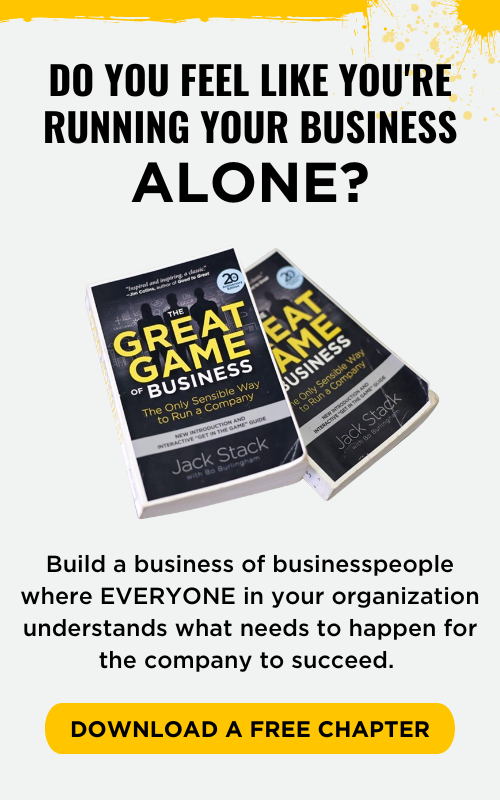By definition, a MiniGame™ is a short-term activity designed to correct a weakness or pursue an opportunity in your company. MiniGames motivate employees to make day-to-day improvements that will add up to year-long success, and when implemented correctly, MiniGames are proven to: Affect a financial or operational change: Drive results through improved performance. Increase business literacy: Reinforce key components of business success such as goal setting, mutual responsibility and performance management. Build teamwork: Rally employees (players) around a common goal in order to achieve a shared reward. Develop a winning attitude: Create an environment where winners are recognized and rewarded for generating results.
Read More
For nearly four decades, SRC Holdings have been evangelizing the importance of tapping into the universal human need to win. The Great Game of Business® educates your people in the rules of business, rallies them around a common goal, empowers them to see and improve the score, and engages them by allowing them to share in the rewards— What we call a Stake in the Outcome®—presenting them with the opportunity to win as a team. If you want to see success the way SRC has for almost four decades, you must start with communication. You need a system to ensure that you get the most out of your meetings. That doesn’t mean you need one identical to SRC’s meetings, or Huddles as we call them. On the contrary, your system will inevitably look, sound, and feel very different, as well it should. Companies are as diverse as people, and nothing is more distinctive than how you communicate. You have to develop a language and style with which you and your people feel comfortable, which fits your business personality. You will also have to adapt other companies’ techniques to your circumstances, and you may well have to invent new methods of your own.
Read More
The Great Game of Business and ITR Economics are partnering to bring the insights and guidance of ITR Economics’ Industry Reports to The Great Game of Business practitioners.
Read More
While the percentage of engaged employees in the US is higher than it has ever been, according to Gallup more than 50% of employees are unengaged: “they may be generally satisfied but are not cognitively and emotionally connected to their work and workplace; they will usually show up to work and do the minimum required but will quickly leave their company for a slightly better offer.” What’s worse—13% are actively disengaged employees who, in addition to being poor performers who exerted minimal effort, are four times more likely to leave their organization than the average employee.
Read More
I Quit The numbers speak for themselves. In October, according to the U.S. Bureau of Labor Statistics, the quit rates hit 2.9% in August 2021 - an all-time high since data was first collected in December 2000. Leisure and hospitality have been hit the hardest at 6.4%, followed by business and professional services at 3.7%.
Read More
“If people don’t participate, they don’t buy in. If they don’t buy in, they don’t commit. If they don’t commit, they don’t deliver!” These words can be found on page 348 of The Great Game of Business. What a simple yet powerful statement. Businesses, small and large, struggle with employees delivering on their metrics. Maybe it’s not a delivery problem, but a buy-in problem. According to Great Place to Work, Employees who find their job to have “special meaning: this is not ‘just a job’” are 4 times more likely to give extra to the company 11 times more committed to stay 14 times more likely to look forward to coming to work How can you give special meaning to their job? Get their buy-in on the plan.
Read More
Top Six Great Game No-Nos: What NOT to do if you (really) want to play The Game During the time that we’ve been helping others implement The Great Game of Business, we’ve seen the ups and downs and are often surprised by the number of people who are “fair-weather Great Gamers”, meaning they have passion and intent to play The Great Game of Business®, but are missing the mark in one or more areas. Here are the top six (because five just wasn’t enough) Great Game No-nos:
Read More
If you’re an owner, president, or leader in your company, anticipating setbacks or failures isn’t an easy task. Even if you can foresee these unfortunate circumstances, developing a strategic plan may not be on the top of your to-do list. What’s your “Plan B” if you lose a big client or a client needs you to increase your support significantly? What happens during difficult times when the economy takes a downturn? Do you know what you would do if a critical team member were to leave during a busy season? If 2020 has taught us anything, it’s that your business can’t wait until that moment occurs to find out.
Read More
I once had a conversation about how people get confused between “killer apps” and “the operating system.” For example: Business people get terribly frustrated when the latest management program or tool they’ve turned to doesn’t bring about lasting change. We always point out that great programs like Lean, Total Quality Management or the “Best Customer Service Plan Ever” are great apps – all super-effective tools that don’t build great companies all on their own.
Read More
Even if you feel you have your staff meetings down to a science, you may still struggle with keeping your employees engaged, informed and focused on the company’s goals. One of the biggest challenges in business today isn’t planning or even strategy; it’s the ability to execute company goals. Why? Many companies fail to consistently and openly discuss their wins and losses.
Read More

.png)



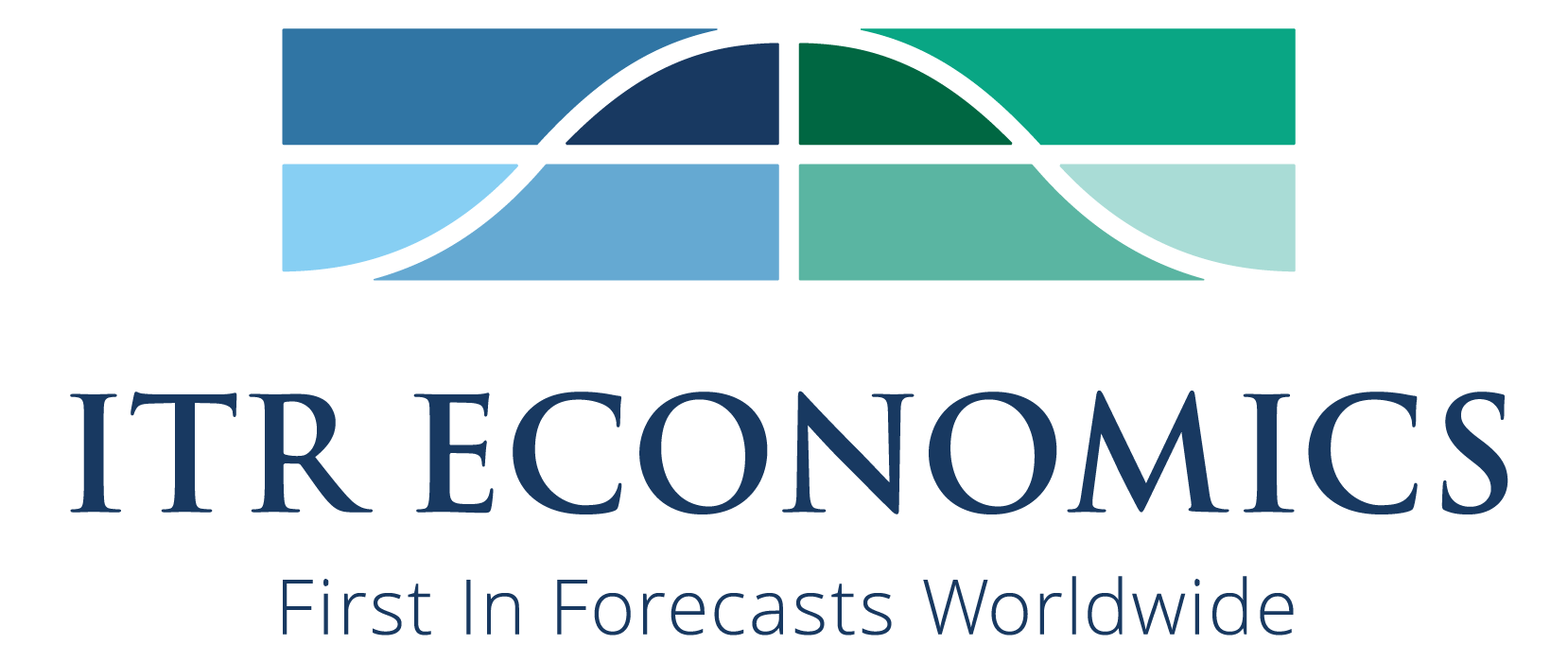



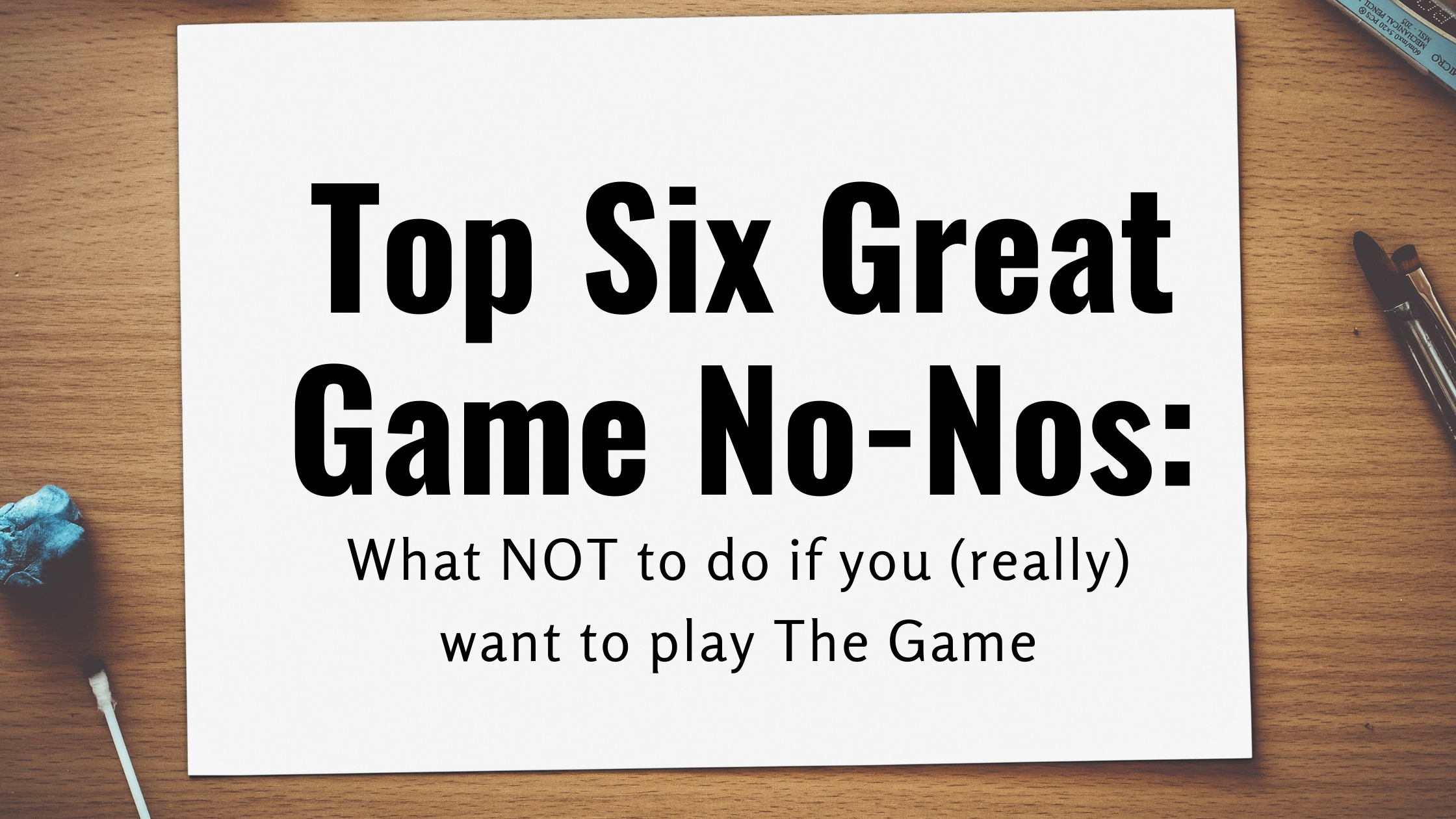

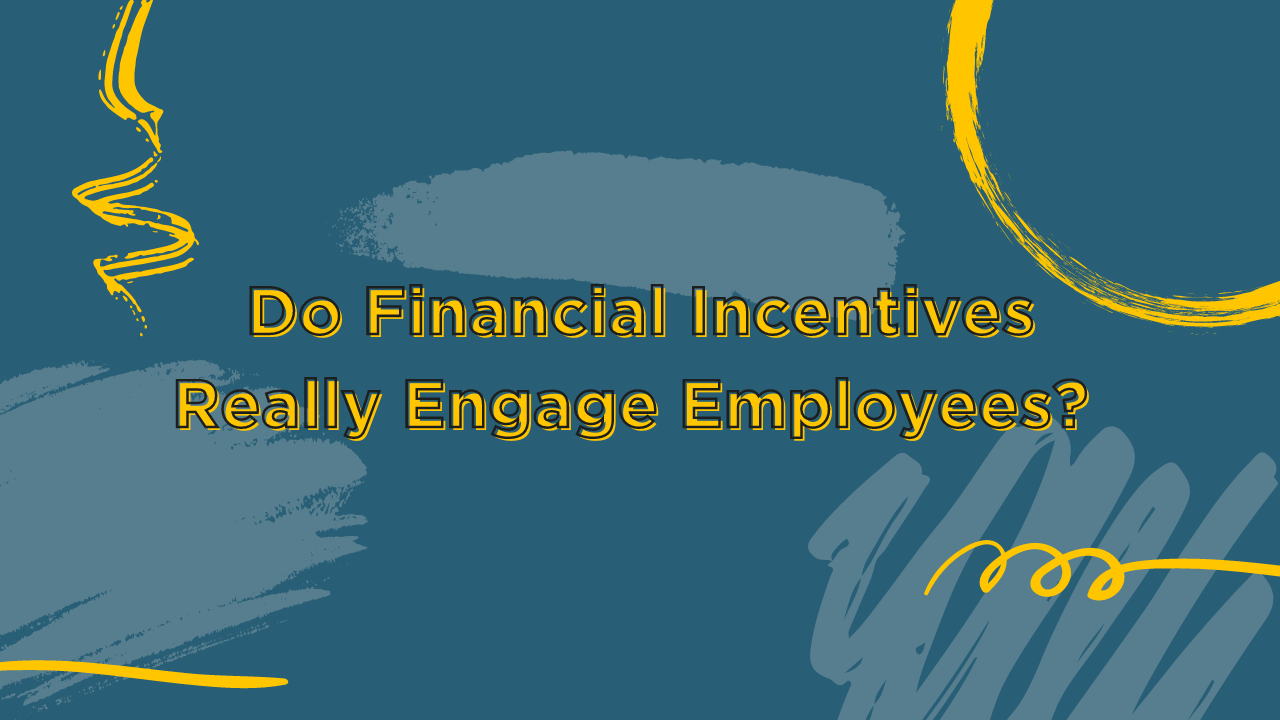
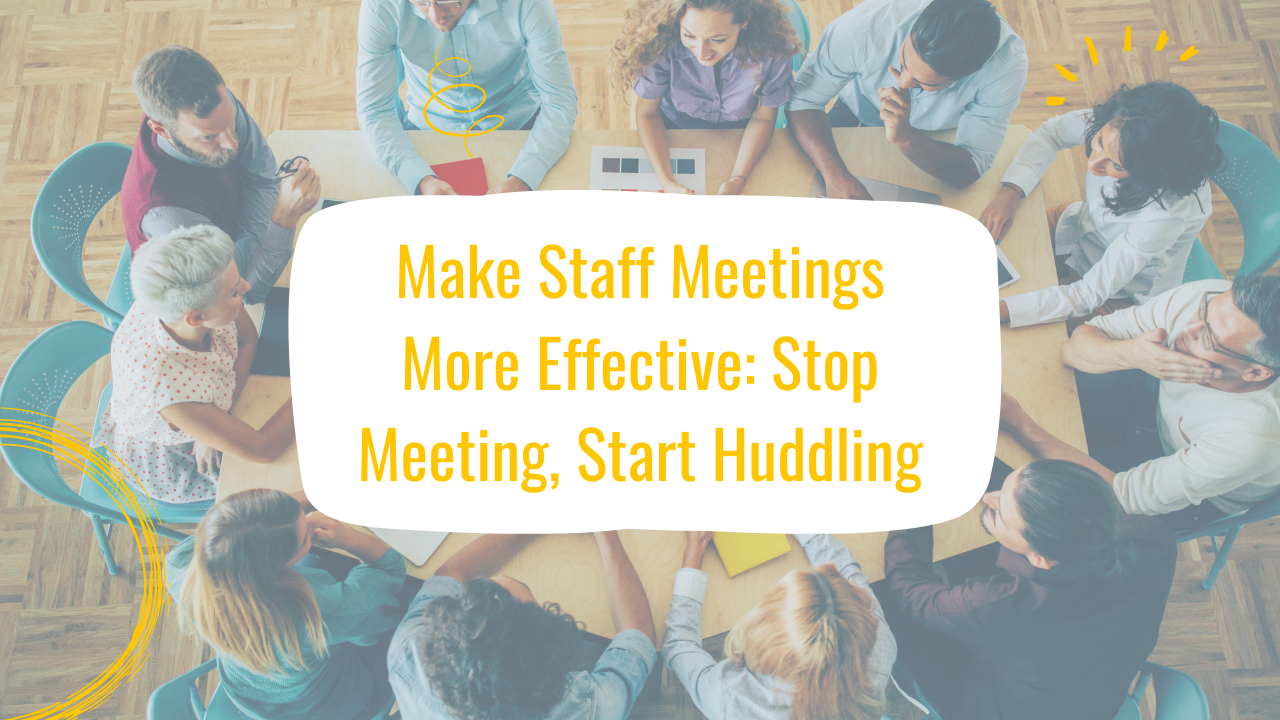




.png)




-5.png)
